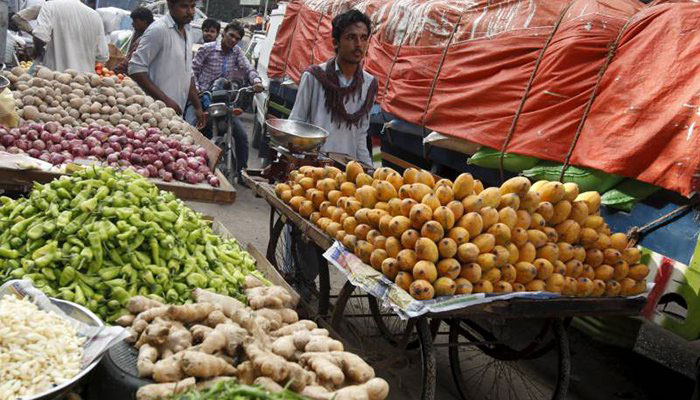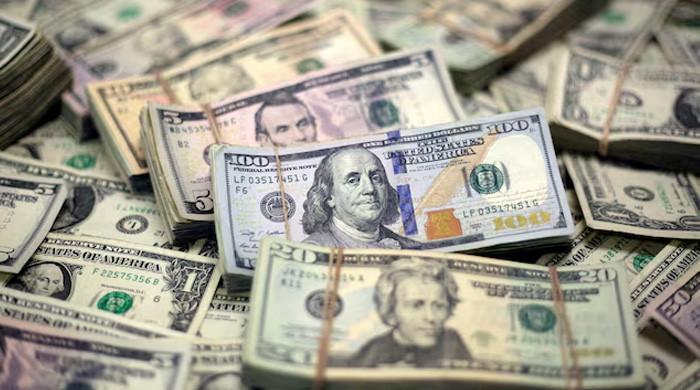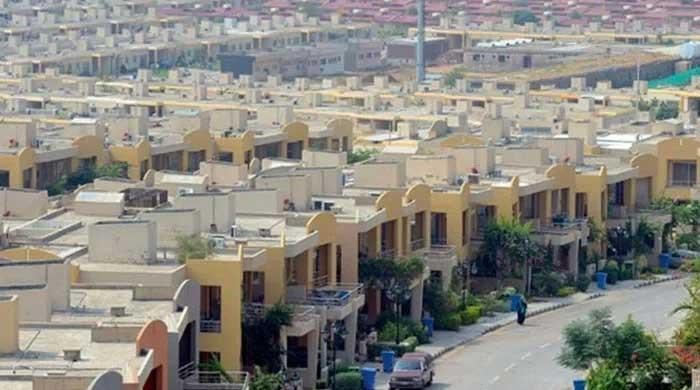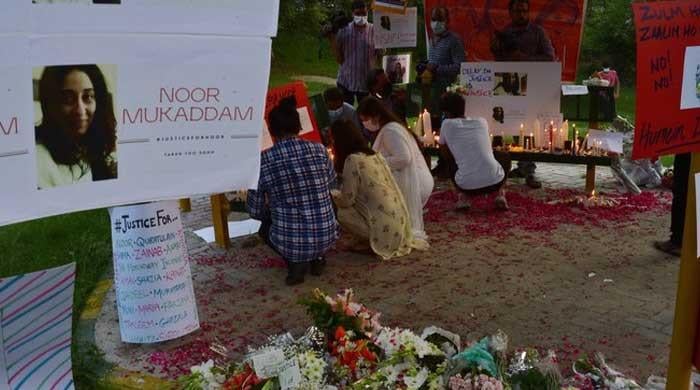How to bottle up the genie of inflation?
Inflation has become a double-digit demon for the common person in Pakistan
May 20, 2018

An income of around Rs13,000 and responsibility to feed a family of four keeps Akram, a junior clerk of grade-11, juggling every month to make ends meet.
Each year he waits for the budget to bring some relief to him and many others earning within the same bracket, but the financial bills have not fulfilled his wish yet.
Although the government promises to ease the burden on low-income families, ever-increasing prices of daily items keep people like Akram on their toes. Even a part-time job does not make their means and needs match, leaving them with no other option but to seek alternate ways to bottle up the genie of inflation, which has become a double-digit demon.
Expenses of a family
Flour, ghee, sugar: Rs3,500
Vegetables: Rs500
Meat (twice a week): Rs1,500
Cereals (rice, pulses, grains, etc): Rs,2000
Groceries (soap, spices, etc): Rs1,500
Milk and tea: Rs1,500
Medicine: Rs500
Electricity and gas bills: Rs2,000
Conveyance: Rs1,500
Education (for two children): Rs1,000
Total: Rs15,500
The above mentioned expenditure list is for those who live in their own houses and does not include the expenses that come with entertaining guests and buying clothes for festivals and ceremonies.
Those families who live in rented houses are more burdened as they have the additional expenses of paying for a roof other than buying daily essentials.
While the common people struggle to survive, the government has only done as much as pushing the minimum wage to Rs15,000. Under such circumstances, the poor get poorer sacrificing unknowingly for the rich who continue to enjoy every luxury of life.
The situation gets grimmer when a common person looks at the wallet and sums up the gas, electricity and phone bills that are left to be paid after buying groceries. Low income and scaling domestic budget have left the poor and average class paralysed.
Moreover, transport fares know no bounds and petrol prices have gone beyond reach, putting another burden of loans on the common people. The daily struggle of making ends meet leaves no space for one to think of luxuries.
Budget – a nightmare
Usually the nightmare comes in June every year, but this time the boulder of budget was rolled down in April. The miserable public was presented with the 'gift' of budget containing extra taxes, additional charges and a number of money-extracting tricks. In short, people were given yet another fiscal year full of disappointment and anguish.
The yearly budget comes as no less than a catastrophe like floods in a developing or underdeveloped country, where lack of services such as medical facilities leaves one to suffer or fend for their needs.
The common people continue to live in abject conditions, while the government remains indulged in spending on perks to various government functionaries.
Instead of resorting to conventional methods of meeting the budget deficit by cutting down non-development expenditures to the maximum-possible level, the government banks upon imposing rich taxes on the poor public, still claiming the budget to be filled with people-friendly measures. The present government has also falsified its claims of public-centered measures by making unexampled increase in petroleum products levy, phone charges and multiple duties on essential imported items.
This has frightened the already crushed public and they have started fearing the future.
Our country falls in the list of those who allocate a very little portion of their annual budget for health and education and consume about 70% of it on the non-developing factors that have zero contribution to our economy. The present government too has so far failed in materialising their tall claims of bringing relief to the common person and pulling the economy out of the quagmire.
Note: The views expressed in the article are those of the author, and do not necessarily reflect the official policy or position of Geo News or the Jang Group.









